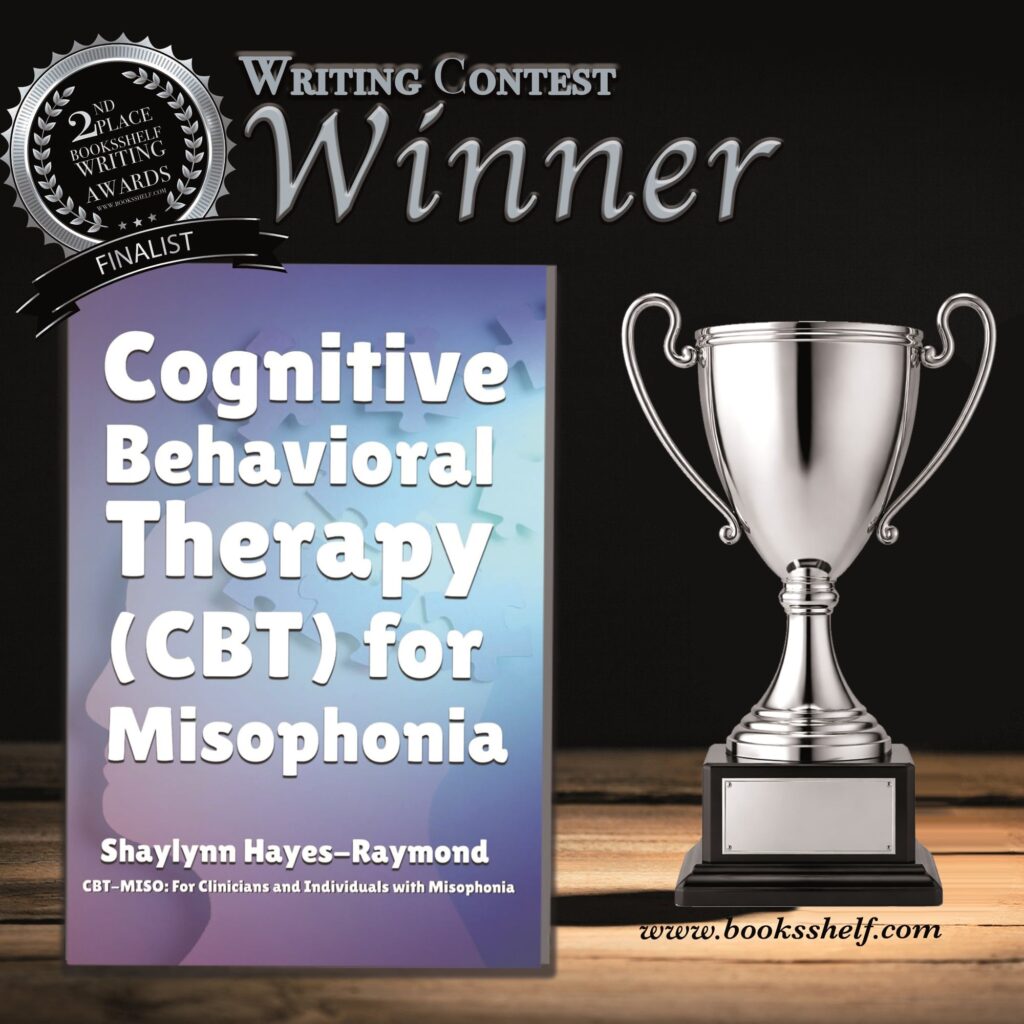
 Misophonia classification is not necessarily an easy topic. This is particularly not easy because research for the disorder is still in its infancy. However, there may be classifications that are more or less likely based on the current research, and the proposed directions for the disorder.
Misophonia classification is not necessarily an easy topic. This is particularly not easy because research for the disorder is still in its infancy. However, there may be classifications that are more or less likely based on the current research, and the proposed directions for the disorder.
It is important to note that the way researchers and doctors look at the brain is ever-evolving. Classification of disorders is becoming, as time moves on, less factored on specific labels and more focused on all aspects of the body. Many conditions can have a psychological and physiological component, as well as characteristics that would suit either a neurological or psychiatric condition. It has also been asked as to whether misophonia is genetic or a mental illness. These questions are answered in greater length on their pages.
A recent misophonia study by Dr. Sukhbinder Kumar has made waves in regard to questions about misophonia classification. Because of research like this, we are ever-closer to solving the debate of “whereever in the brain” this condition is. Though the study does not specifically aim to classify the condition, it does prove that research is moving forward, and that answers are just around the corner.
Dr. Zachary Rosenthal of the Duke University Sensory Processing and Regulation Program explains why categorizing misophonia has been challenging.
“Disorders and syndromes characterized by emotional responses are sometimes said to be “brain-based.” This is sometimes confusing to people, but the basic idea is that emotions include biological, behavioral, and cognitive responses to stimuli, and these responses all require brain systems. Other brain-based systems related to emotion also are probably involved in misophonia. For example, trigger sounds are sensory-based cues associated with a prior learning history that are attended to over other sounds and elicit emotional responses that include both behavior and cognition. This means misophonia may be a brain-based condition that involves neural systems that govern our sensation, perception, attention, memory, learning, cognition, behavior and emotion. That is a lot of complexity, and that is why we need much more science done to shed light on the nature of misophonia.”
Official misophonia classification will depend upon science that simply does not exist yet. While there is interesting theory as to why the disorder is neurological, there is no concrete classification as of yet. Furthermore, the program at Duke concludes:
“There are less than 20 studies that directly evaluate Misophonia.
Much of the existing research has not interpreted individual findings on Misophonia to important and related basic and applied research across disciplines. As such, we believe a more comprehensive approach to the study of Misophonia is needed that includes researchers, methods, and measures used across fields (e.g., occupational therapy, audiology, neurology, psychiatry, psychology, cognitive neuroscience, neurobiology). A multi-disciplinary approach to research on Misophonia has the promise to offer insights about the causes and treatments for this condition.”
If a person or organization claims that misophonia is 100% anything, there is reason to be skeptical. Our best cause for answers going forward is to support the facilitation of research.








